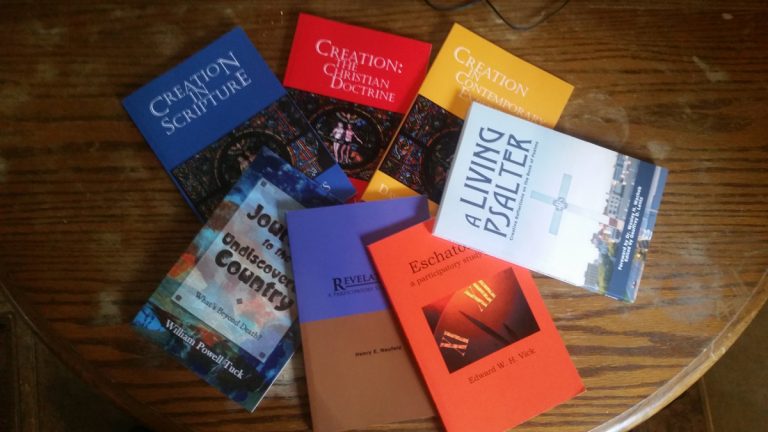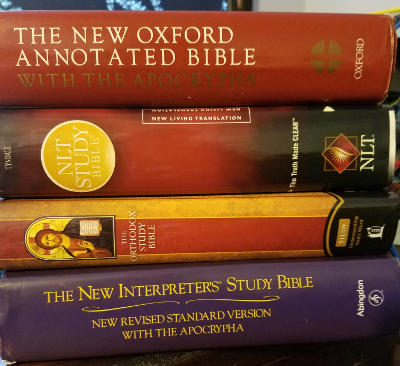Textual Issue: Deuteronomy 32:43
Previously I listed a couple of doubtful translation choices
in the Hebrew Bible and gave my preferences on them. Here are a couple more that I regard as much more certain. I also gave an extremely brief introduction to textual criticism in Textual Criticism – Briefly.
Praise, oh heavens, his people*,
Worship him, all you gods.
For he will avenge his servants’ blood . . .
*his people also has a variant reading with him. The change is only to the vowel pointing and is quite likely. I did not consider this variant in listing the versions supporting each reading for “oh heavens.”
There are two textual problems in this passage, and they tend to distinguish the most recent set of translations from those that went before. The key element in both variants is that the reading accepted by these versions is supported by the LXX along with a reading from the Dead Sea Scrolls.
In the first line the Masoretic text reads “oh nations” rather than “oh heavens.” Modern versions that show each reading include:
- Oh heavens – CEV, NRSV, ESV, NLT, REB
In support of this reading we have the MT - Oh nations – TEV, MSG, NASB, NCV, NIV, NKJV (gentiles), JPS, HCSB
In support of this reading we have the LXX and 4QDt32
- Omit – JPS, HCSB, MSG, NASB, NCV, NIV, NKJV, TEV
In support of omitting the line, we have the MT, supported by the Syriac and also the Vulgate. It is to be expected normally that those two versions will support the MT. - Worship him, all you gods – NRSV, REB, CEV, ESV, NLT (angels)
In support of including this line we again have the LXX and 4QDt32. The LXX varies from 4QDt32 by reading sons of God rather than gods.
(Note that the English text cited for each variant is mine. I include any translation in support of that text that translated the Hebrew text behind that variant. Each translation may still vary in its English rendering.)
4QDt32 is a fragment from the Dead Sea Scrolls (DSS) that include this verse. The number of modern versions that have included this verse, from across the spectrum theologically, indicates the strength of the combination of any witness from the DSS with the LXX. There is still a certain conservatism, however, as indicated by those few versions that do not include the added line especially.
In favor of including the added line is this strong testimony of the Greek LXX translation, along with a DSS fragment. In addition, it is plausible to suspect the removal of the line for theological reasons, though as the LXX shows, it is not necessary to interpret it as polytheistic. A scribe might nonetheless have intentionally dropped it.
For more information on Bible translations see:


